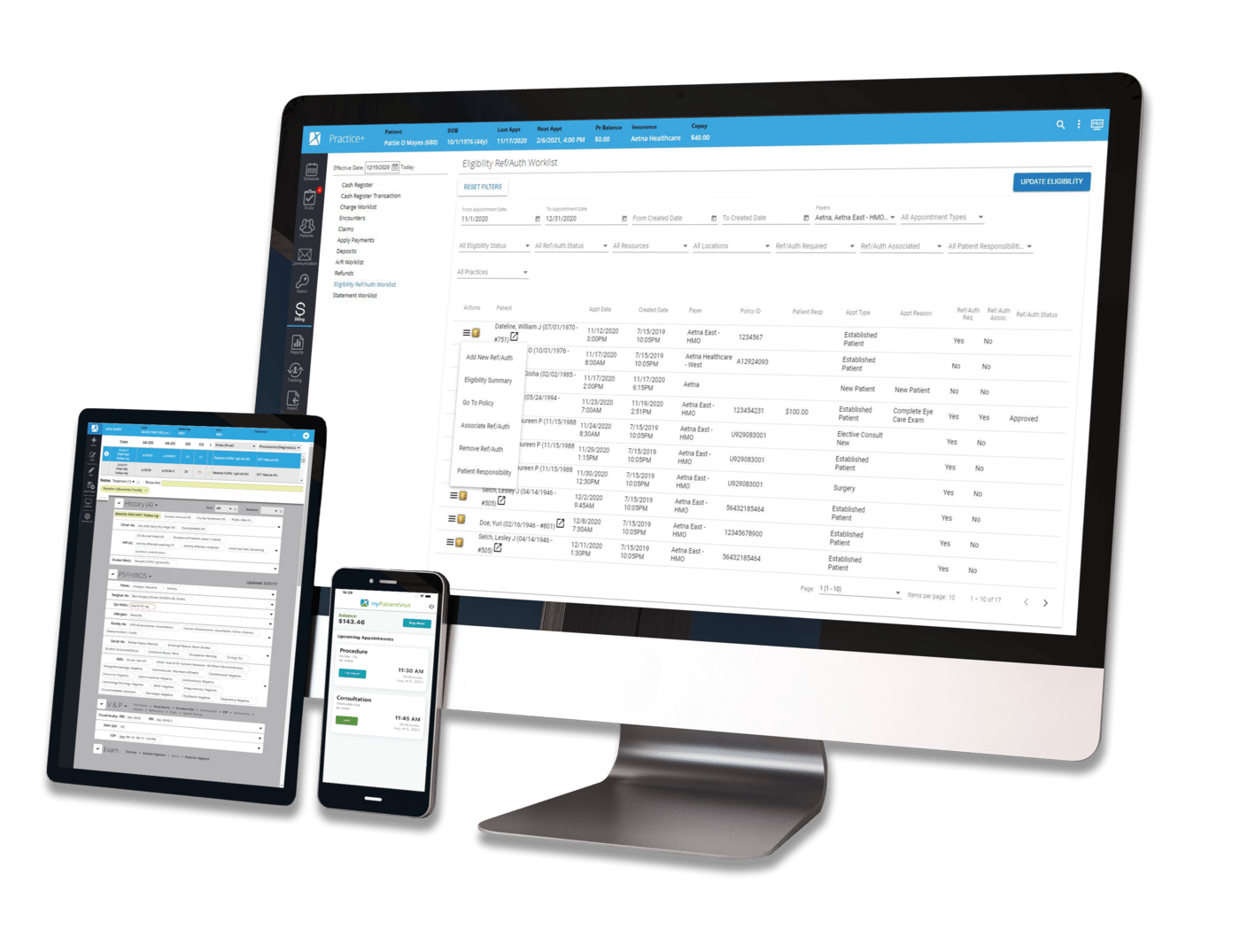Latest Articles
The latest news and information regarding electronic medical records, practice management software, HIPAA, and security from Nextech.
Director of Information Security & Architecture

By:
Tristan Schleining
June 17th, 2021
Here we are. Talking about ransomware. Again. And the truth is, whether we are tired of talking about it or not, the current ransomware situation (especially for those in healthcare) is only getting worse as this year goes on. Simply put—things are bad. How bad? Well… bad enough for the FBI director to compare the current nationwide surge in ransomware attacks in the U.S. to the September 11th attacks of 2001. You have to admit, that’s a pretty extreme comparison. However, it’s not too far off. As we’ve seen already with the recent Colonial Pipeline attack, ransomware has the potential to bring parts of our country’s infrastructure to a grinding halt and disrupt commerce, similar to the results of a physical terrorist attack.

By:
Tristan Schleining
May 28th, 2021
We’ve had a lot of articles about ransomware on this blog over the years, and for good reason. For roughly a half decade, healthcare organizations have been (and will likely continue to be) irresistible targets for cybergangs looking to carry out ransomware attacks. Case in point, just look at the recent May 1st attack on Scripps Health, which has left their computer network and related applications down for nearly a month (as of the writing of this article, a large portion of their systems were still down).
